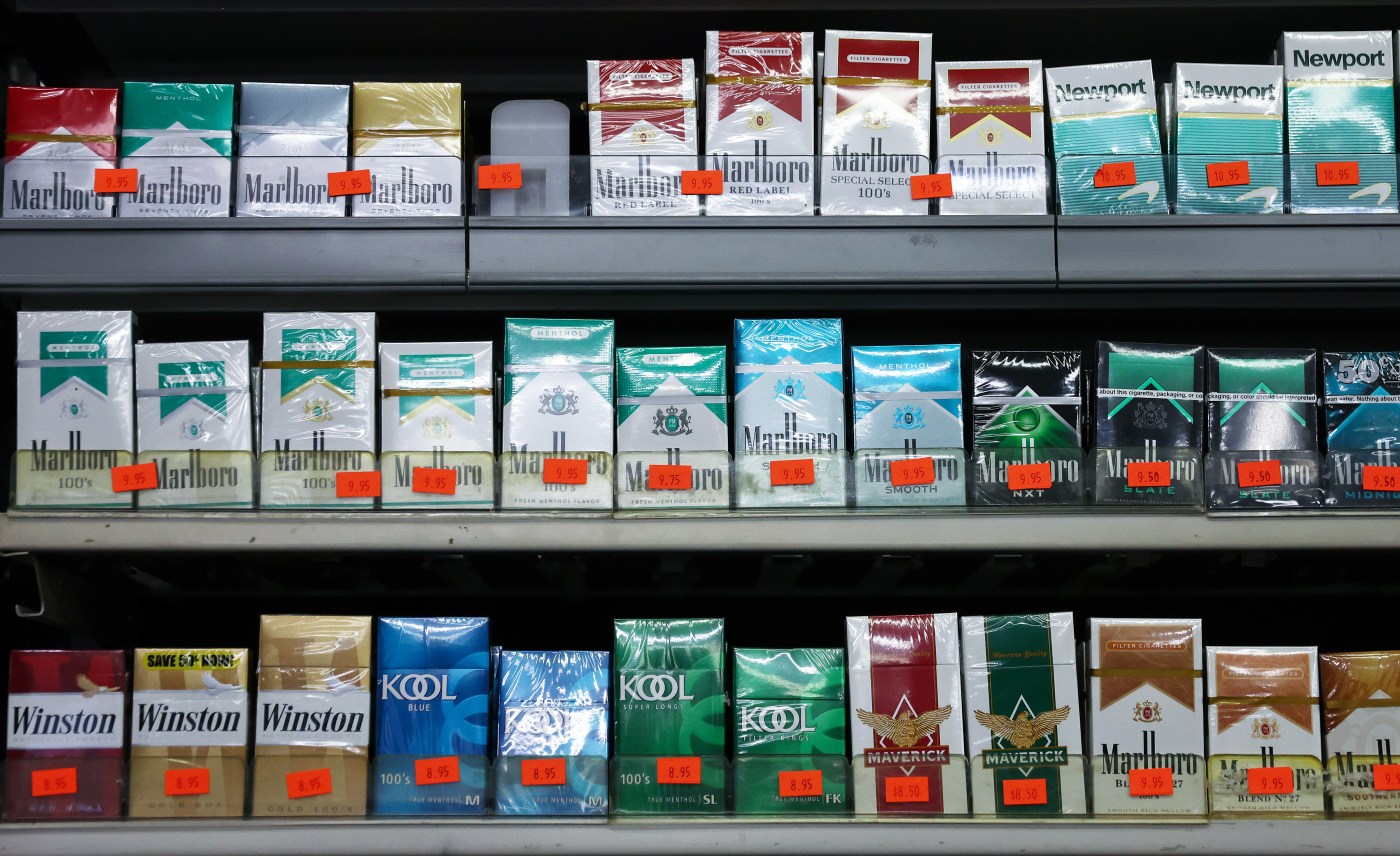
Brennan: Generational tobacco bans shun civil liberties
Under the pretext of youth smoking prevention, over-zealous anti-tobacco crusaders have finally unveiled their real endgame – the total ban on all nicotine-containing products for all people, including those who have reached legal adulthood.
If advocates achieve the age-based prohibition goals they are currently pushing, then one day a retiree looking to purchase a cigar for the golf course or a trucker seeking a non-tobacco nicotine pouch will be treated like a 12-year-old trying to drive a car or purchase a beer in a pub or liquor store.
The so-called “Nicotine-Free Generation” movement is, in fact, a generational sales prohibition that bans anyone born after a certain date from ever purchasing nicotine or tobacco products. The town of Brookline enacted a bylaw in 2021 that banned anyone born on or after Jan. 1, 2000 from purchasing tobacco or nicotine products in the town. Retailers sued, and their case is before the Massachusetts Supreme Judicial Court. Despite the ongoing litigation, several municipalities in the Mystic Valley recently held hearings on a similar bylaw.
As the years pass, adults will maintain their ability to purchase cannabis and alcohol but will not be able to legally purchase any type of nicotine or tobacco product.
Rest assured, as with marijuana and alcohol before it, tobacco and nicotine products will still be sold illegally, outside of a regulated marketplace where products are subject to government safety inspection and retailers enforce minimum age of purchase laws.
The Commonwealth’s lawmakers who banned flavored tobacco products in 2020, don’t seem as concerned about combustible flavored marijuana, or chocolates, candy, tinctures, body lotions, lip gloss, and the vast selection of inviting cannabis products available at any dispensary. And, frankly, they shouldn’t be concerned. The legal age to purchase marijuana products, like nicotine, is 21 years old. If an of-age adult wants to pick up a few pre-rolled Wedding Cake joints to smoke for the weekend (THC Content 30.5%), then the state says that’s their business, so long as they consume responsibly and don’t plan on driving. That same adult, if born after these arbitrary dates, could not buy a cigar or chew pouch.
Activists argue that these types of bans will stop youth smoking. But youth tobacco use is already addressed by the existing law banning sales to those under 21. Prevention of youth usage is a shared priority of our 7,000 licensed retailers throughout New England as well as public health advocates. The owners and employees of our members’ stores are well-trained and serve on the front lines keeping prohibited products out of the hands of kids.
A generational sales ban, on the other hand, does nothing to prevent youth tobacco and nicotine use. It only bans adult nicotine and tobacco use and will inconvenience and enrage adults who will need to go to the next town, or the next state, or the illicit market, to purchase a product that they could once legally buy.
Like many things, nicotine can be addictive. Gambling, alcohol and cannabis can also be addictive, yet all are legalized in Massachusetts for adults 21 and older. There is no talk of pushing generational sales bans on alcohol, despite alcohol-related deaths in the hundreds of thousands. The country tried alcohol prohibition and it was a disaster for everyone but those who got rich bootlegging or operating speakeasies. Even hard drugs, the most addictive and harmful of which destroy countless lives every year, are being shifted away from prohibition toward harm-reduction, decriminalization and safe-use sites. If the zealots have their way, adults might soon be able to inject heroin at a consumption site but must go to the alley across the street to buy a pack of (illegal and untaxed) smokes.
Adult age-based prohibition is absurd. It is the slipperiest of slopes and it violates common sense, our state laws, and our civil liberties under the United States Constitution. That it’s being championed as a public health policy in communities happily raking in millions from combustible cannabis and alcohol sales is the height of hypocrisy.
The fact is, the best way to curb youth tobacco use and reduce adult smoking is to educate users and keep these products on the shelves of licensed retailers who check IDs and remit tax revenue that can be used to fund anti-tobacco and nicotine cessation efforts.
Bans of any kind do not work, but applying them to adult-aged prohibition is an attack on the principle that adults in our country have the freedom to choose to use legal products.
Peter Brennan is Executive Director of the New England Convenience Store and Energy Marketers Association.


